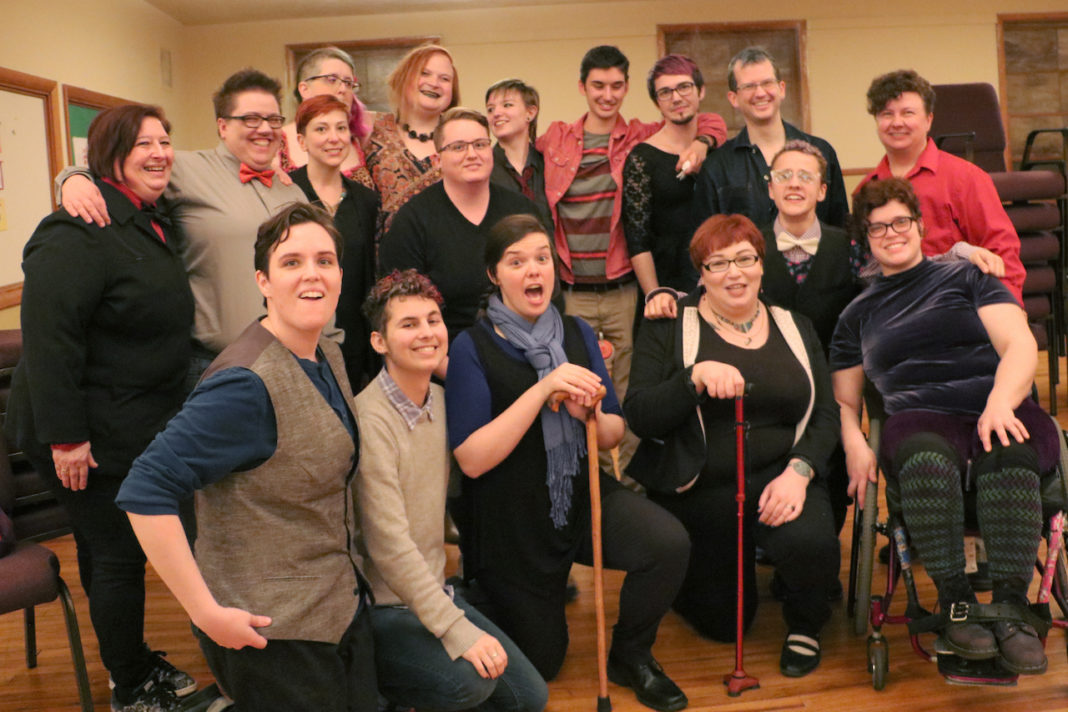Grand Master of Science Fiction and Portland resident Ursula K. Le Guin passed away Monday, Jan. 22, at the age of 88. The news of Le Guin’s death came the morning after public scholar Walidah Imarisha discussed Le Guin’s anti-capitalist contributions to science fiction literature during an MLK Tribute event on Jan. 21.
“[Le Guin] is amazing,” Imarisha said during the event. “She’s super feisty. She’s been feisty her whole life.”
Imarisha quoted Le Guin: “We live in capitalism, its power seems inescapable. So did the divine right of kings. Any human power can be resisted and changed by human beings.” For more from Imarisha’s speech see p. 8.
The writing community felt the impact of Le Guin’s death immediately, as social media users, authors and the press scrambled to honor one of contemporary history’s best writers.
Le Guin’s works spanned numerous genres, but especially influenced fantasy and science fiction. Her work helped elevate both genres, which previously held reputations as dimestore pulp stories.
One such work, 1971’s Lathe of Heaven, is about a Portland man whose dreams change reality, and how efforts to control his powers go awry. Lathe of Heaven’s PBS adaptation features iconic Portland buildings near the Portland State campus, as well as a Tonya Harding–era Lloyd Center. Le Guin’s works are also revered for challenging the confines of reality in art.
Le Guin was an active, effective voice for change, both in Portland and across the globe. As one of a group of writers that included Ken Kesey, Le Guin helped found what is now known as Literary Arts in Portland. She was an active adviser to the organization until recently.
She wrote library-funding ballot measures for election seasons, condemned the comparison of the Trump administration’s “alternative facts” to science fiction in a letter to the editor for The Oregonian, and even condemned a news headline—from the same newspaper—as too sympathetic toward the Mauhler Wildlife Refuge Occupation of 2016. LeGuin was a fierce critic of the corporatization of the publishing industry and left the Authors Guild in 2009 after it endorsed Google Books, as the guild previously sued the company for copyright infringement.
Le Guin was an early voice against the whitewashing of science fiction and fantasy. Her influence on pop literature and film can be seen everywhere, from Harry Potter to the newest Star Wars saga. She was one of the few writers whose works were selected for preservation in the Library of America during her lifetime.
LeGuin’s legacy of masterfully challenging the status quo lives on in a time where the fascist oppression long imagined by science fiction writers makes a resurgence in Western culture. Though her physical life has ended, LeGuin’s work has achieved immortality.





